The Leeward Islands

The Leeward Islands were a Crown Colony consisting of the five individual Presidencies of Antigua, St Kitts and Nevis, Montserrat, Dominica and the Virgin Islands. Now the island chain consists of the separate territories and nations of Anguilla, Antigua and Barbuda, St Kitts and Nevis, Montserrat, Dominica and the British Virgin Islands.
Despite the fact that these colonies were among the smallest in the British Empire, the people of the Leeward Islands proved to be among its most enthusiastic supporters when war began in 1914. Like many of the West Indian islands at the outbreak of war the Leewards experienced the upsurge in optimism and patriotism in response to Britain’s declaration of war. The Acting Governor Thomas Best is reported to have said ‘the news of the outbreak of war with Germany was received in this Colony with intense interest but with calmness and self possession’.
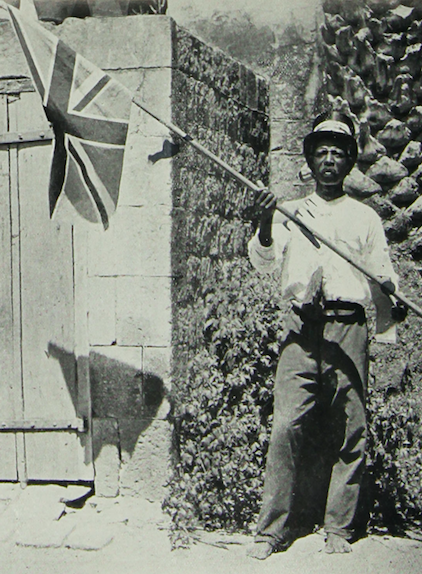
Local defence forces on Montserrat and Antigua are reported to have mobilised immediately at the outbreak of war, the islands lauded the strength and capabilities of their young men and groups of volunteers began to rally across the Leewards.
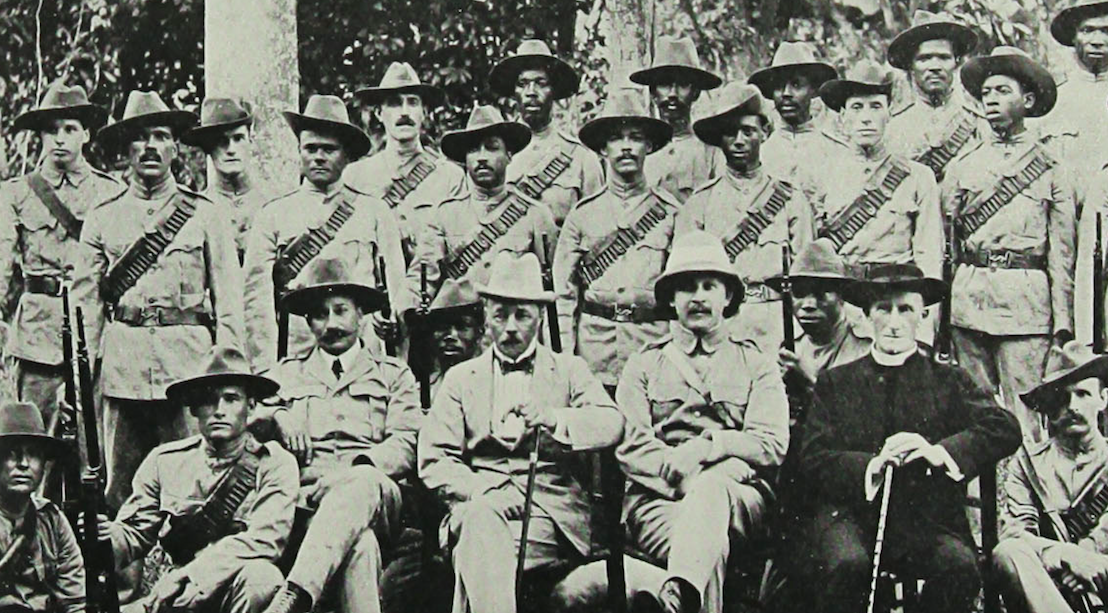
Local Ladies Committees were formed to help raise funds for the war effort and rally support for the war. Women also gathered to organise donations of commodities such as the £250 worth Guava Jelly for Indian troops by Montserrat. Women were also able to contribute by serving as nurses to returning troops.
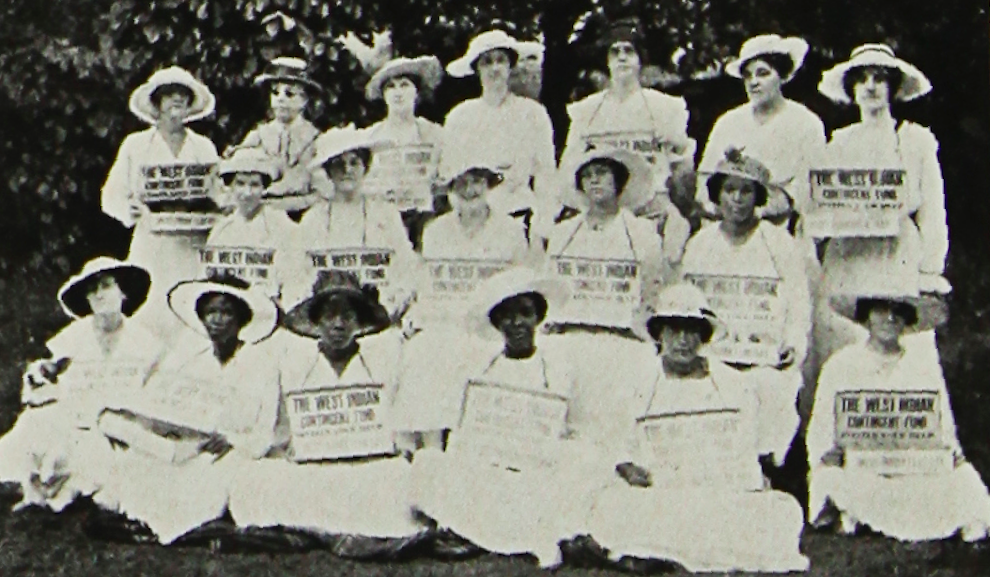
Despite economic difficulties on some of the islands, donations amounted to tens of thousands throughout the course of the war and provided Britain with an array of goods and machinery. In 1915 the Legislative Council of Dominica voted to spend £4,000 on a state of the art quick-firing Vickers Biplane for the Royal Flying Corps.
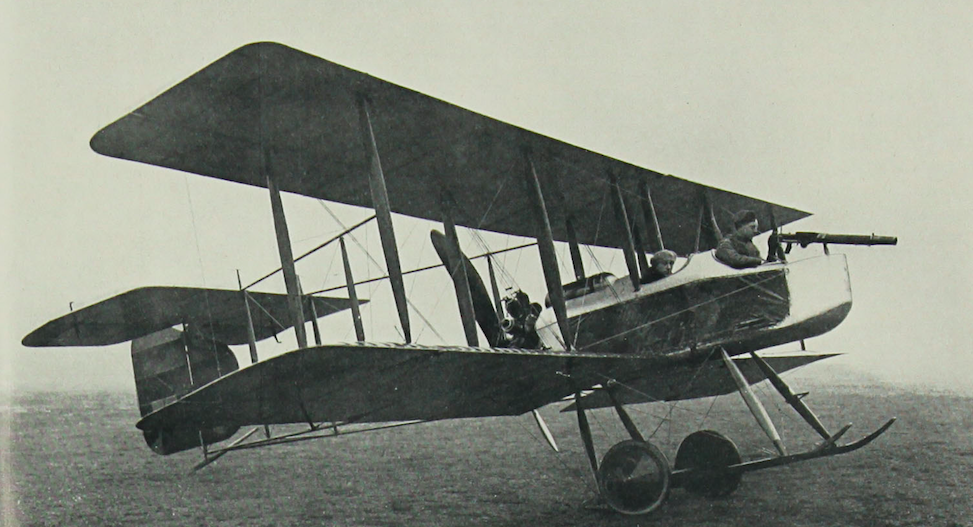
The long depression in the price of agricultural products prior to the war had imposed hardship upon the islanders. However, the outbreak of hostilities in 1914 caused a sudden upsurge in the price of key exports like sugar and cotton. Plantation owners made huge profits as prices rose over 100%. Conversely the workers on the plantations saw their wages rise by only 25%. This led to an increase in trade union activity, a development which troubled officials who became concerned by rumours of islanders joining the revolutionary Workers of the World movement. St Kitts and Nevis banned trade unions in 1916 sparking a political row. Riots broke out on Antigua on 9th March 1918 after plans were announced to change the way workers were paid. The chaos ended when the Antigua Defence Force opened fire at the maddened crowd, killing two and injuring 15.
The first contingent of Leeward Island volunteers was composed of 110 non-commissioned officers and men and left for England in October 1915.
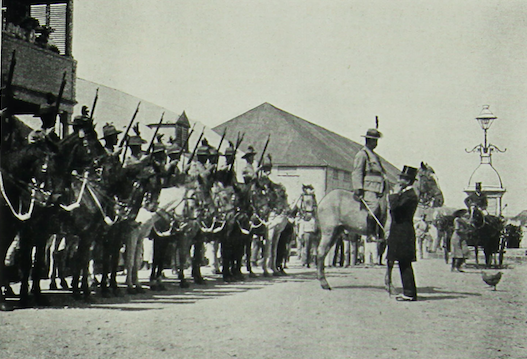
The first contingent of Leeward Island volunteers largely ended up in the 1st and 2nd Battalions of the British West Indies Regiment and spent the war in the Middle East. Later contingents served as Labour battalions on the Western Front.